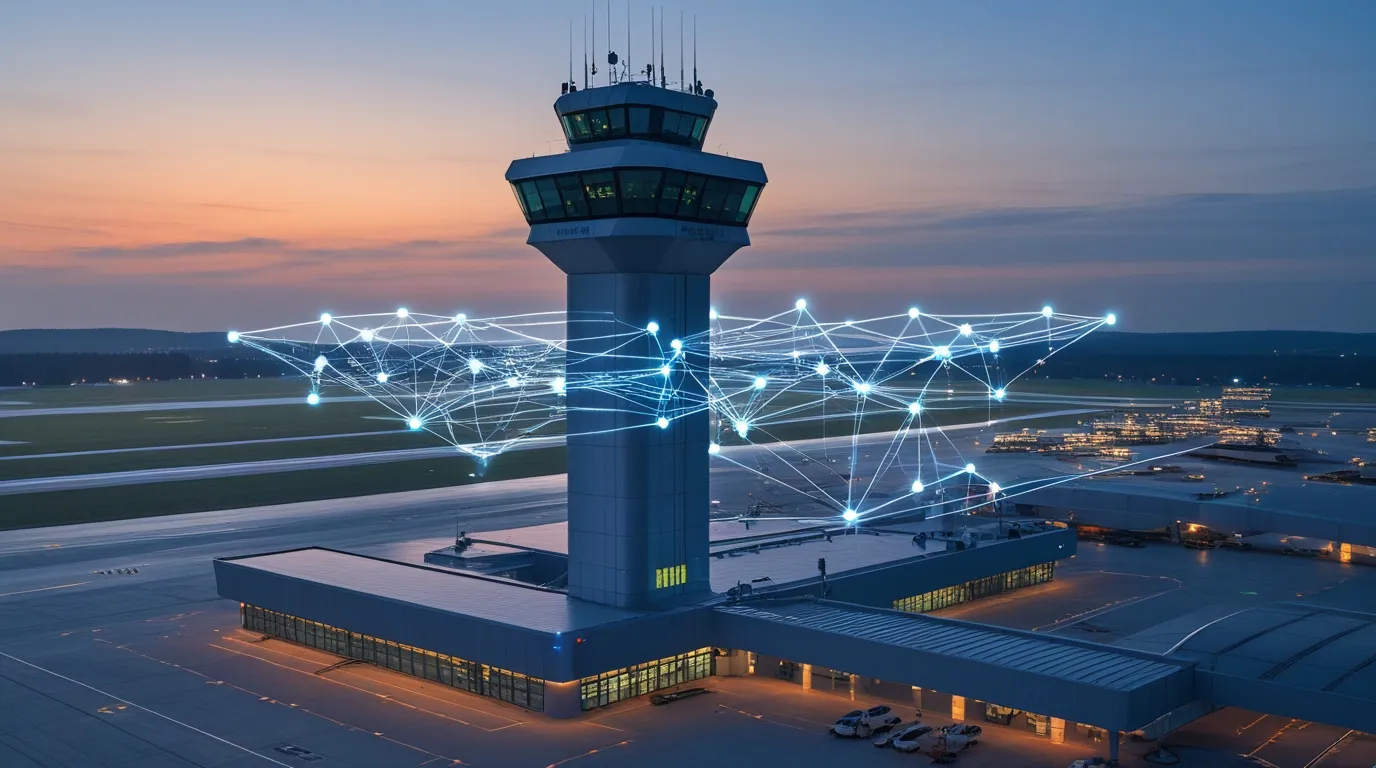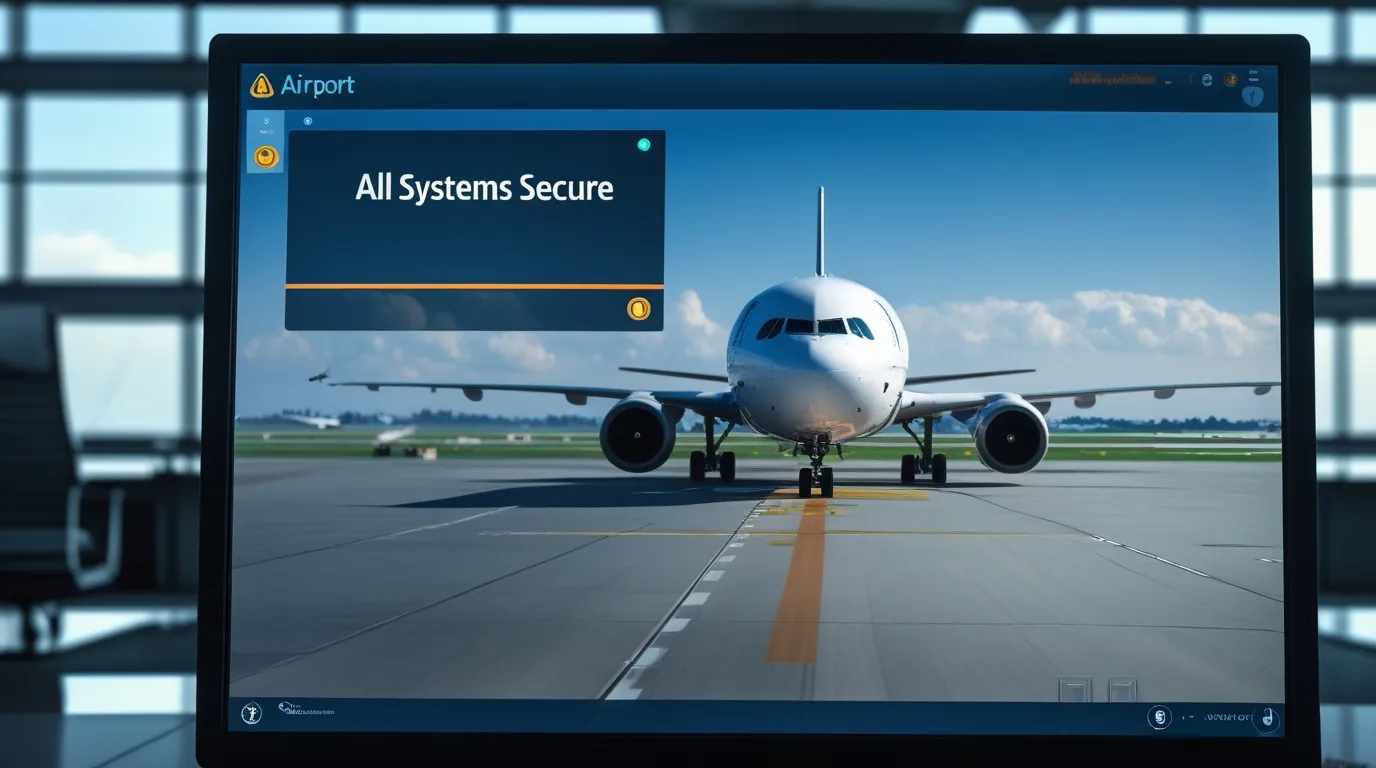Rostelecom Connects 27 Airports into a Unified Digital Network
Russia’s largest telecom operator, Rostelecom, has completed a nationwide project for Novaport Holding — building a secure VPN network connecting 27 airports across all federal districts. The initiative aims to boost operational speed and enhance cybersecurity in the country’s aviation sector.

Independent and Capable
For several years now, Russian IT companies have been operating without support from foreign partners. Time has shown that this enforced independence has not hindered the industry’s development. Domestic technology providers continue to implement large-scale national projects, proving their technical maturity and resilience.
Rostelecom recently announced the successful completion of a major project for Novaport Holding — the creation of a virtual private network (VPN) connecting 27 airports located across Russia’s federal districts. The unified digital ecosystem provides a full range of modern telecommunications solutions and a high level of protection against cyberattacks.

The service ensures secure communication between offices through advanced traffic encryption and IP masking technologies. The solution is highly scalable and supports the integration of additional features, including virtual PBX systems and video surveillance services.
Distance No Longer a Barrier
According to Rostelecom’s engineers, the new VPN is a multifunctional tool that enables administrators to monitor user activity, control data access, and prevent unauthorized interference. The system effectively protects traffic from interception and data leaks, ensuring the safety of sensitive information even when accessed from personal devices. In addition, the service provides stable operation of corporate tools such as CRM platforms and email.
“This project is designed to enhance the efficiency of our company’s infrastructure management, ensuring fast and secure data exchange between divisions. All our facilities are located hundreds of kilometers apart, but the virtual private network allows them to operate synchronously and efficiently, supporting high-level air logistics operations,” explained Javid Rzayev, Deputy IT Director at Novaport Holding.
A Key Step in Russia’s Digital Transformation
The implementation of this project marks a significant milestone for Russia’s aviation industry. Given current geopolitical conditions, the sector remains a frequent target of cyberattacks. In July, a hacking incident against Aeroflot caused operational disruptions and flight cancellations, highlighting the urgent need for enhanced cybersecurity measures.

Improving security is not only crucial for aviation but also for the broader transport infrastructure. As smart devices and IoT systems are increasingly deployed across logistics and mobility networks, they present potential entry points for cyber threats. Rostelecom’s initiative demonstrates how critical infrastructure can evolve into a unified digital ecosystem with embedded protection mechanisms.
Decades of Expertise and Future Potential
Over time, similar secure networks could be extended to integrate railway and bus terminals. Rostelecom already possesses extensive experience in this field. Back in 2009, the company launched its Ethernet/MPLS L2 VPN service, originally targeting telecom operators and large enterprise clients. Since then, Rostelecom has implemented Service Level Agreements (SLAs) to guarantee consistent service quality.

If the company’s cybersecurity and network management technologies continue to prove effective, this model could be exported to other markets — particularly to countries within the CIS and beyond — that require enhanced infrastructure security. Already, Russia’s aviation industry stands to gain from faster, safer operations and reduced exposure to external threats.
The project showcases Russia’s progress in transforming strategic infrastructure — from transport and logistics to aviation — into interconnected, resilient digital systems.










































